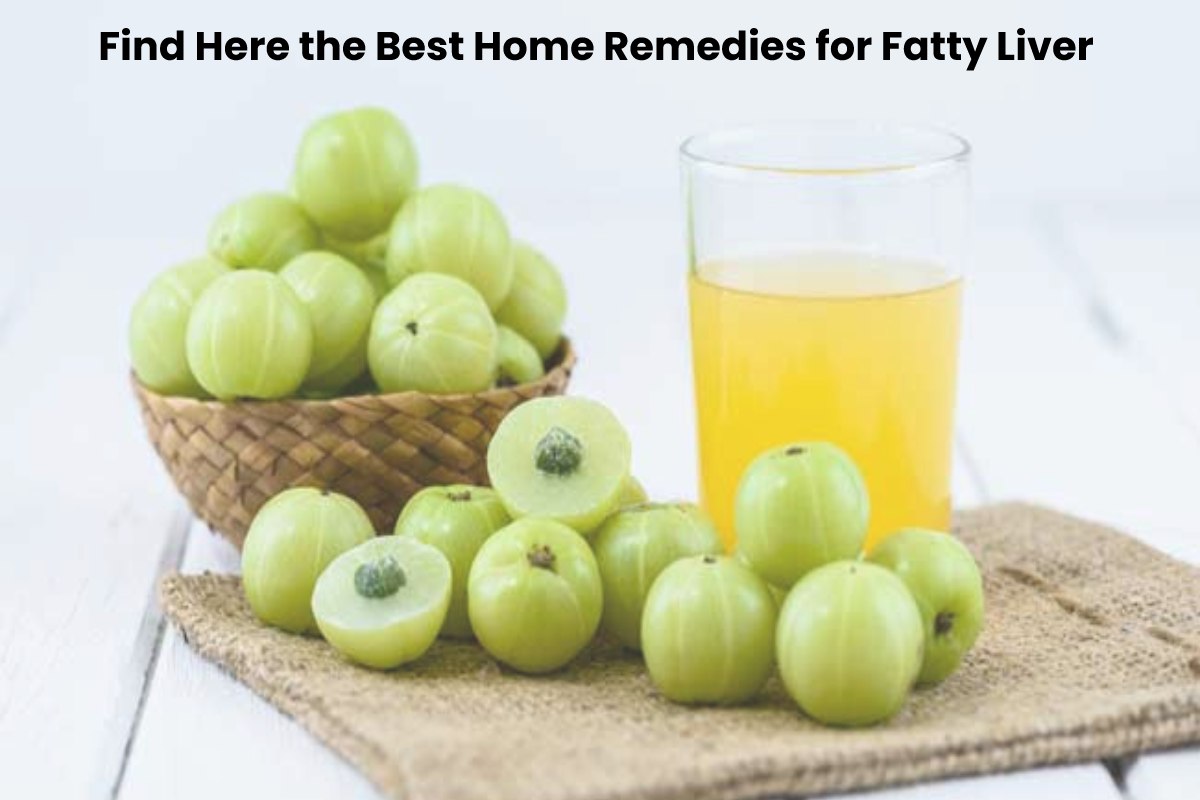Fatty liver is a serious issue for a human being. It is very sad to see a person suffering from it. When an accumulation of fat takes place in the cells of the liver, that is when the fatty liver happens. This is indeed a critical situation. A bad liver can lead to the formation of other diseases too. The liver is the largest organ in the human body and is very essential. It performs many important functions. It regulates blood sugar, balances cholesterol levels. Fights infections and diseases and removes toxic wastes from the body. So, having liver fat of more than five to ten percent is indeed very risky. Below are some home remedies for fatty liver:
Table of Contents
Green tea
Green tea has a lot of therapeutic benefits to provide. Flavonoids lead to their antioxidant properties. Even tumors can be treated with the help of green tea due to the presence of catechin components in the flavonoids of green tea. Green tea extracts have a protective effect against the disease of non-alcoholic fatty liver. It decreases the inflammatory response and oxidative stress. In this way, the energy balance is maintained.
Turmeric
Turmeric has many benefits. It alleviates inflammatory disease, arthritis and so on. Due to the presence of curcumin turmeric can alter the immune system of an individual. This is because it has antioxidant and anti-inflammatory properties. These cure fatty liver disease. Turmeric intensifies the body’s capability to digest fats. This reduces the chance of having fatty liver.
Dandelion
This herb works as a strong liver tonic. Fatty liver issues can be treated easily with it. It also cures diabetes easily. It detoxifies fat accumulation in the liver. It also inhibits the oxidation of lipids. Taking dandelion capsules with the correct dosage daily can help you get rid of fatty liver issues.
Milk thistle
Milk thistle helps in the solubility of fat. It has a fat-soluble component called silymarin. It is found in a concentrated format in fruits and their seeds. It eradicates the oxidation of fats. Milk thistle can appropriately treat liver issues. This also eradicates other issues like treating depression, stimulation of breast milk production, and so on. Silymarin inhibits the scarring of liver tissue. It blocks toxins from the liver. Our liver gets infected due to many reasons like jaundice, poisoning, and so on. Silymarin has the potential to cure our livers of those issues. Hence any kind of liver disease including fatty liver can be treated with the help of silymarin.
Health should be taken care of wisely while having a fatty liver. People’s diets can help a lot. Having rich food can make things out of control. This is not a good syndrome. It can also extend to causing death. Fat-rich foods can produce so much fat that the body can become incapable of processing it. It can cause much more damage. As a result of this, inflammation along with scarring in the liver is prone to take place. There are two types of [fatty liver] diseases, one being the alcoholic one and the other non-alcoholic. Both can be cured by the above-mentioned tools and ayurvedic medicine for fatty liver.

